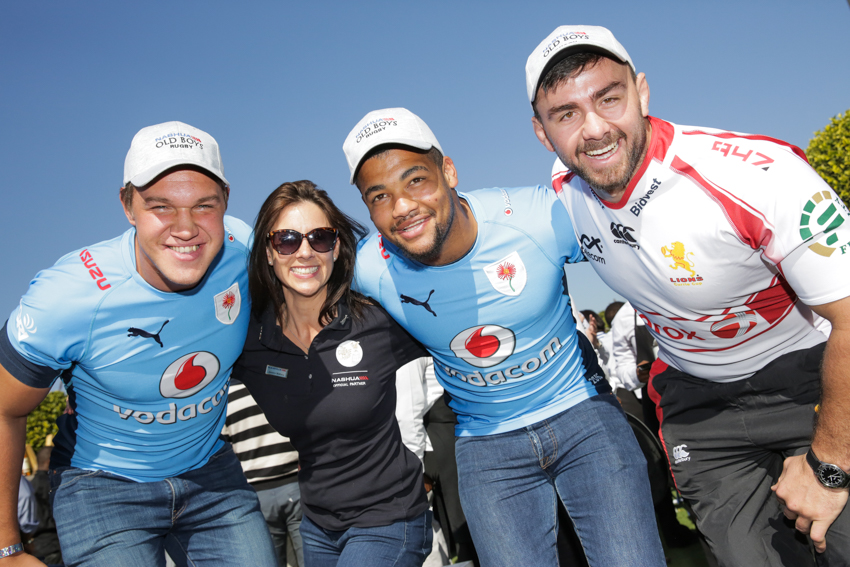South African sports sponsorship is a volatile market at the moment. With the economic downturn from 2015 continuing through 2016, the ever weakening Rand and political pressures playing more of a role in sport now than ever before, big corporates are being far more conservative in their marketing and sponsorship spends.
The most visibly affected would be rugby as the Springboks ran on the field in June in a three-Test series against Ireland still without a main sponsor. Absa withdrew its multi-million-rand sponsorship deal at the end of 2015, with BMW giving notice of it ending its five year run as vehicle sponsor earlier in the year. Absa also opted out of its 30-year sponsorship of the Currie Cup.
Today’s sponsors want trackable ROI backed by research
Although these changes included various reasons, it is indicative of a shifting landscape where sponsors see the gradual erosion of their commercial value around teams and wanting much better tracking of ROI. In the past, marketing budgets were always under scrutiny but high-level sports sponsorship ran with meagre, if any, measurement of its value or effectiveness, but rather a return based on PR value and a brand awareness percentage.
Sponsorship spend in South Africa will reach an estimated R9-billion in 2016 and at the same time there is a very traditional train of thought that suggests that needs to be matched by further advertising and activations to promote the sponsorship. It’s possible to assume that this area of marketing will then equal roughly double the spend. Such substantial investment needs matching research to determine its effectiveness.
Digital tools can reduce activation costs while measuring consumer perceptions and behaviour
Traditionally sponsorship has been expensive and difficult to quantify but today, the right tools can show how sponsorship actually impacted perceptions, attitudes and behaviours, leading to purchases and other desired actions. Rights holders and sponsors need to embrace digital activation and not be intimidated by the ‘Digital Curtain’.
There are ways to switch on sponsorship activation overnight and at a very low cost, while linking it directly to purchase or redemption that shows real return on investment.
Sports partnerships must be strategic and deliver
As the local economy is ailing, there is a feeling that sponsorship values in South Africa are high, rights are not being delivered well, and they are not driving real business results. The pressure for these commercial partnerships to deliver has never been more important.
However change is healthy and it is exciting times for brands, rights holders and sponsors to be more strategic. Companies that get it right secure long-term brand recognition, loyalty and love, building relationships and influencing fans to purchase their products, and then through digital and social media become brand ambassadors and influencers themselves.

